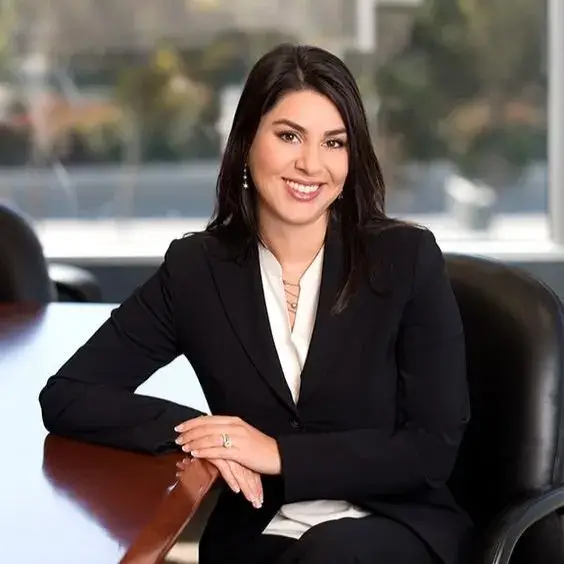
Records Clear: Trump's Mother-in-Law Came to U.S. Through Process He Derided

Again, America is wrestling with one of our most complex issues, immigration; yet another amazing "take us to a better place" story emerges from those long-ago files. Former President Donald Trump has been forced to stare his unique brand of personal contradiction in the face.
Amalija Knavs, Trump's mother-in-law from Slovenia, arrived in the United States via the same family chain migration he sought to end.
It underlines an interesting paradox: the policies he proposes might have stopped others like her from pursuing the American dream under his reforms.
Mastering Family-Based Sponsorship Avenues
Family-based sponsorship is a VIP ticket for their overseas kin dying to transfer family members to the U.S.A, part of the 1965 immigration law. It permits U.S. Citizens to speed their closest kinfolk into America and cut back on brutal visa wait times that other folks undergo.
This kind of sponsorship by her mother falls into what some critics mean by 'chain migration,' whereby citizens of the U.S. can quickly and easily sponsor bodies of their family and relatives, even siblings, more distant relatives, or grandparents.
Trump's Immigration Shake-Up
The Trump administration, when it came into office, had an immigration policy that sought the makeover of the immigration landscape in the U.S. With eyes on chopping down what he then termed "chain migration," he was crusading for the Raise Act to effect the big switch in terms of family sponsorship.
His plan would have revoked the express lane privileges for the parents of U.S. citizens. That tweak will mean a tougher, longer route for folks like Melania's mom in securing her spot stateside, quite the opposite of the fast-tracking needed to get her in, a change that may rewrite the futures of many families worldwide forever.
Emulating Canadian Immigration
Donald Trump has been pretty willing to change U.S. immigration laws to one closer to that of Canada's competency-based and economically contributory rather than through the rolling of dice in some form of lottery or via family ties. Canada has something called the "points-based system," which scores applicants on language ability, education level, and work experience.
As much as Melania's career as an internationally known model might have scored points for 'extraordinary ability,' it is fuzzy whether Amalija Knavs's background in fashion design from Slovenia could make the cut without clear professional continuance or great accolades.
It is not only what one brings economically. It is also by way of skill that counts; talent stands tall upfront in the huddles on immigration.
Tracking The Trumps Through Immigration Timelines
Melania first came to America back in 1996 for her modeling gigs. The love story thickens when she married Donald Trump in 2005, and then locked down her U.S. citizenship by 2006. In 2008, Melania sponsored her mother from Slovenia, securing Amalija Knavs' green card by 2010. Though the story may underpin successful immigration stories, it was quickly overthrown by her passing earlier this year.
On the current political stage, immigration seems to flip the pages of today's politics faster than ever before. With an election looming over our heads, whispers about what Trump might pitch regarding immigration reform are buzzing vibrantly alongside discussions about Kamala Harris's push toward more inclusive policies.
These dialogues touch on contrasting visions-ones that can revolutionize our approach toward newcomers setting their eyes on Uncle Sam's land, making this more than a footnote within the broader campaign conversations.
Conclusion
More specifically, Melania Trump's family history serves as an example of how families are affected daily with respect to family policies, if not by political rhetoric. In any respect, the closer it gets to the election date, the more salient these issues will be for the candidates and the public.
Whichever way one stands on the various issues, there is always the need to be sharp and connect with the greater outlook simply because every issue wiggles its way as part of the greater picture going by the name America.













